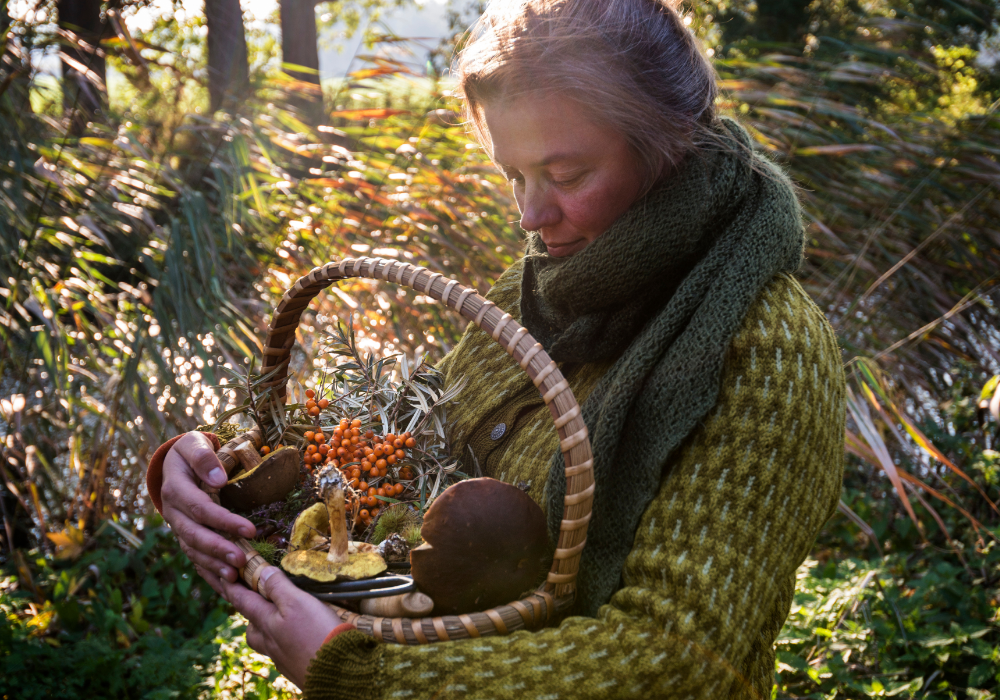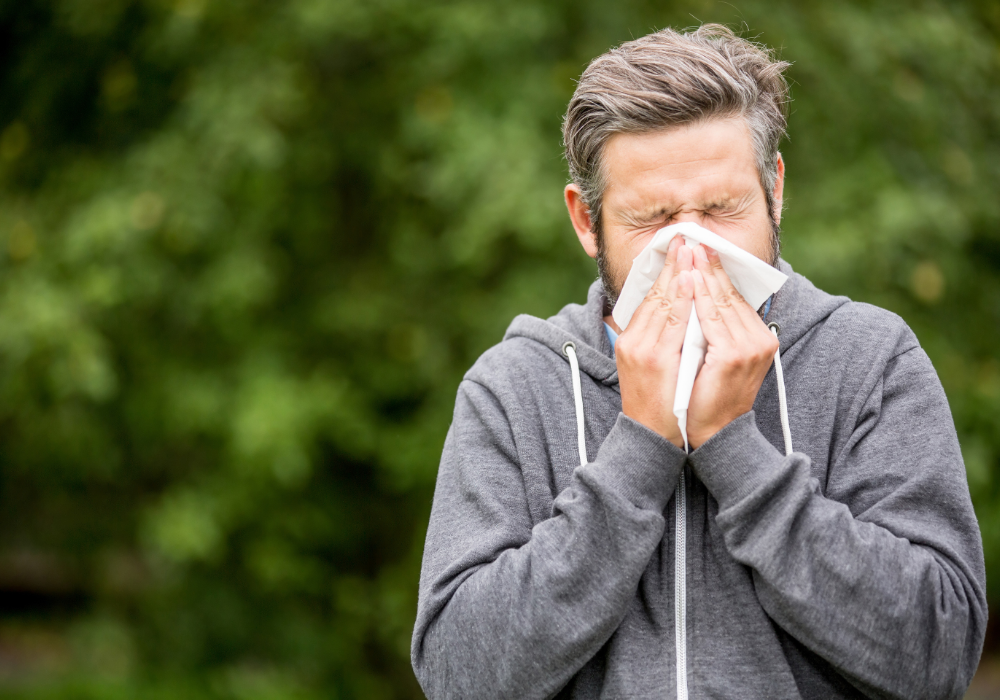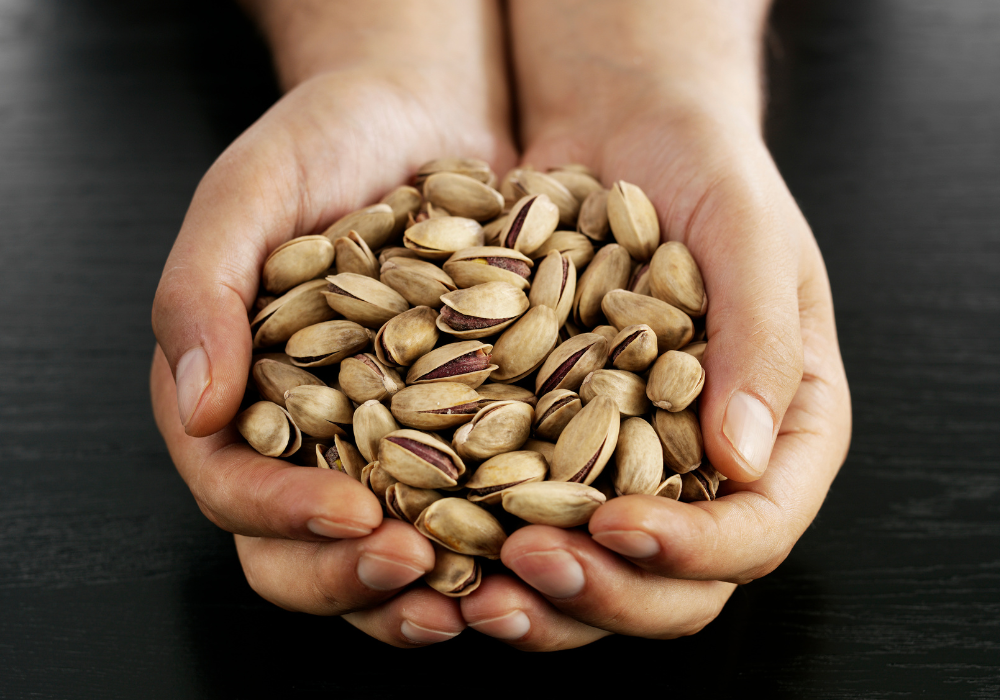Your home should be a safe space, but these everyday products are secretly toxic.

Home should be a place of comfort and security, but hidden dangers may be lurking in the most unexpected places. From the air you breathe to the sheets you sleep on, everyday household products can contain chemicals that slowly affect your health. Without realizing it, you may be inhaling harmful fumes, absorbing toxins through your skin, or even consuming microscopic contaminants while drinking water.
Many of these chemicals don’t cause immediate harm, making them easy to overlook. However, prolonged exposure can lead to serious issues, including hormone imbalances, respiratory problems, and long-term toxicity. Just because a product is widely available doesn’t mean it’s safe. Manufacturers often prioritize convenience over health, leaving consumers exposed to substances they aren’t even aware of. A few small changes can dramatically reduce toxic exposure in your home. Knowing what to avoid is the first step toward creating a healthier living space.








